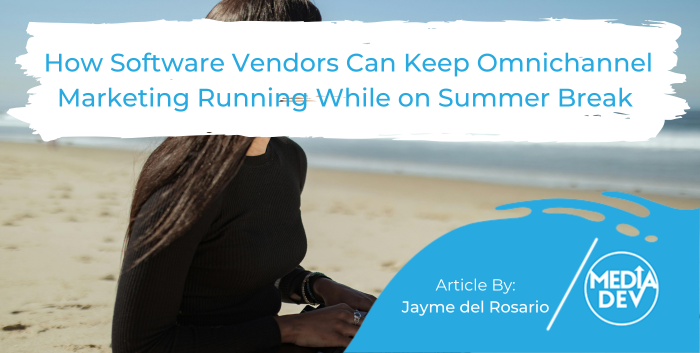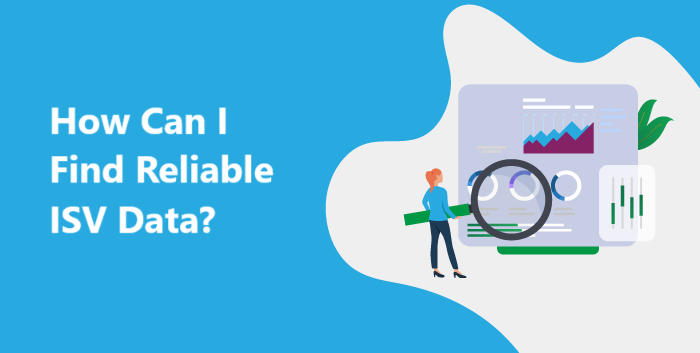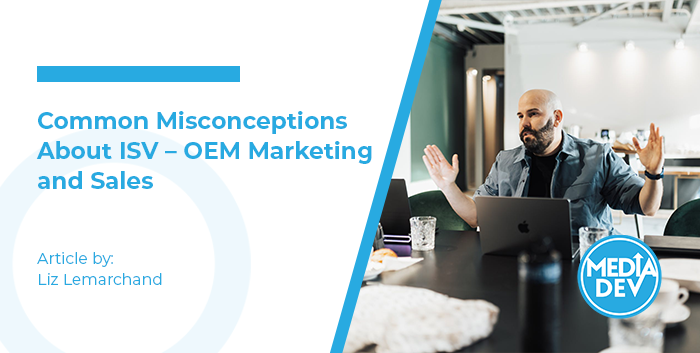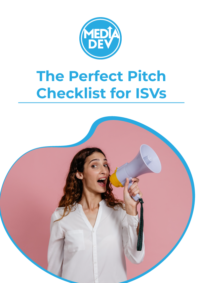I get approached all the time by people trying to sell me leads. I bet you do too. It seems that in recent years there has been a proliferation of random companies sprouting up all over town promising qualified leads in incredible volumes; some even claim that they can deliver thousands of leads each month.
“So, what’s wrong with that?” you might ask. Well, I’ll tell you. What’s wrong is that your definition of what is a lead is likely to be very different from theirs. In fact, I can guarantee that it is. Most of these companies refer to contacts as leads, and if you are just buying raw data that has not been qualified in any way, you may as well keep your money in the bank and save yourself the trouble.
The reason I know this is that this is not my first rodeo. In fact, in the past 20 years that I have been working in marketing, I can tell you for a fact that contacts are not leads.
A contact is, at best, a potential prospect, not a lead.
A lead is a prospect with the right job function who has a need or challenge that they are looking to solve.
A lead is someone who has expressed an interest.
A lead has been exposed to your brand and knows something about the topic.
A lead is a decision-maker with the possibility of allocating a budget.
A lead has opted-in to receive information from you and is someone you can nurture over time.
A lead has scheduled an appointment and actually attends for a specific reason (and not just because they have nothing better to do on Tuesday).
A lead has the potential of converting into a sale in the short, mid, or long-term.
And honestly, anyone who promises to sell you “thousands of qualified leads per month,” could never ensure that level of quality. At best, they are selling you a list of contacts (which may or may not even be accurate) so let’s not confuse the two.
I have worked with hundreds of customers in my time as a B2B software marketer and there has not been one who has told me that they had a good experience purchasing data from a data broker. In fact, 100% of them have complained that the majority of the data they received was irrelevant, out of date, or just plain wrong. And the worst part is that not only had they spent tens of thousands of dollars on garbage, they were now inherently suspicious of other lead generation vendors.
The thing that you need to be careful of are all the data brokers who have rebranded themselves to appear as if they are selling “leads,” when in fact, the only thing that has changed is their pitch to get your attention. Underneath it all is still a pile of garbage.
I’m sorry to be so blunt, but it’s the truth. And unfortunately, they’ve even gone so far as to say that they can provide you with sales appointments too. But let’s be clear—anyone in the business of selling sales appointments should be put under a microscope. Sales appointments should never be sold as a stand-alone activity. Highly qualified sales leads (where the call-to-action is a meeting) are created not found. They are generated through education and nurturing over time. There is no shortcut to generate quality sales leads; it’s a process.
Which is exactly why building a pipeline is so important. It’s also why being omnichannel and always-on is the only thing that works.
Running campaigns in a silo doesn’t work.
Buying leads off of someone who over-promises and under-delivers doesn’t work.
Thinking that you can entirely automate the lead generation process and get away with no human intervention doesn’t work.
Creating and executing a holistic strategy that takes into account market variables with tailored outreach initiatives across channels is the only way to generate leads that matter. Because at the end of the day, who cares about clicks if they don’t turn into sales?
When you are ready to stop wasting your time with people who are trying to sell you leads, reach out to learn how MediaDev is different by sending an email to contact@mediadev.com .








